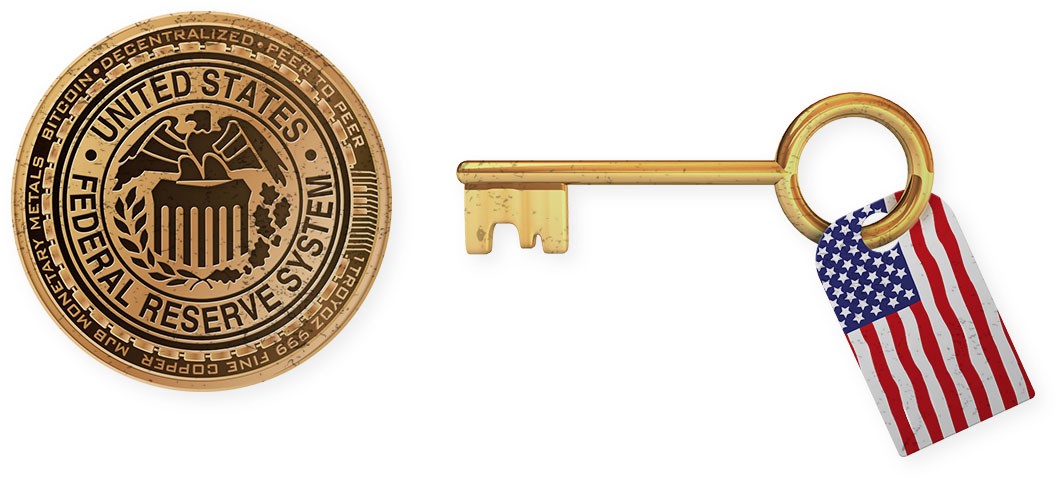PALO ALTO, Calif. (Reuters) - The Federal Reserve is looking at a broad range of issues around digital payments and currencies, including policy, design and legal considerations around potentially issuing its own digital currency, Guv Lael Brainard stated on Wednesday. Brainard's remarks suggest more openness to the possibility of a Fed-issued digital coin than Article source in the past." By transforming payments, digitalization has the prospective to provide greater worth and convenience at lower cost," Brainard stated at a conference on payments at the Stanford Graduate School of Service.
Reserve banks internationally are debating how to handle digital financing innovation and the dispersed ledger systems used by bitcoin, which guarantees near-instantaneous payment at possibly low expense. The Fed is developing its own day-and-night real-time payments and settlement service and is currently evaluating 200 remark letters sent late in 2015 about the suggested service's design and scope, Brainard said.
Less than two years ago Brainard told a conference in San Francisco that there is "no compelling demonstrated need" for such a coin. However that was prior to the scope of Facebook's digital currency ambitions were commonly understood. Fed officials, consisting of Brainard, have actually raised concerns about customer securities and information and privacy risks that might be presented by a currency that could come into use by the third of the world's population that have Facebook accounts.

" We are teaming up with other reserve banks as we advance our understanding of main bank digital currencies," she said. With more countries looking into providing their own digital currencies, Brainard said, that includes to "a set of reasons to likewise be making certain that we are that frontier of both research study and policy development." In the United States, Brainard stated, problems that require study include whether a digital currency would make the payments system more secure or easier, and whether it could position financial stability risks, consisting of the possibility of bank runs if cash can be turned "with a single swipe" into the central bank's digital currency.
To counter the monetary damage from America's extraordinary national lockdown, the Federal Reserve has taken unmatched actions, including flooding the economy with dollars and investing directly in the economy. Most of these moves got grudging acceptance even from many Fed skeptics, as they saw this stimulus as required and something just the Fed could do.
My new CEI report, "Government-Run Payment Systems Are Unsafe at Any Speed: The Case Versus Fedcoin and FedNow," information the dangers of the Fed's present plans for its FedNow real-time payment system, and proposals for main bank-issued cryptocurrency that have been called Fedcoin or the "digital dollar." In my report, I talk about issues about privacy, data security, currency control, and crowding out private-sector competitors and innovation.
Supporters of FedNow and Fedcoin say the federal Find more info government should create a system for payments to deposit immediately, instead of encourage such systems in the personal sector by lifting regulatory barriers. But as kept in mind in the paper, the personal sector is providing a seemingly endless supply of payment innovations and digital currencies to fix the problemto the level it is a problemof the time gap between when a payment is sent and when it is received in a bank account.
And the examples of private-sector development in this area are lots of. The Cleaning Home, a bank-held cooperative that has been routing interbank payments in numerous types for more than 150 years, has been clearing real-time payments given that 2017. By the end of 2018 it was covering half of the deposit base in the U.S.